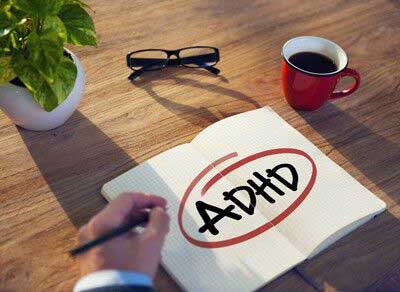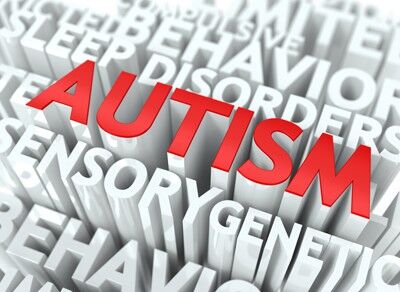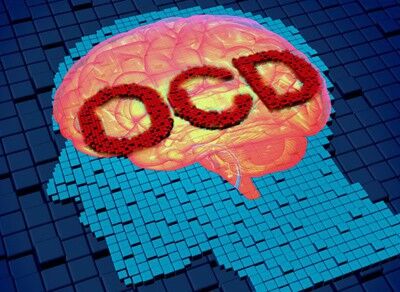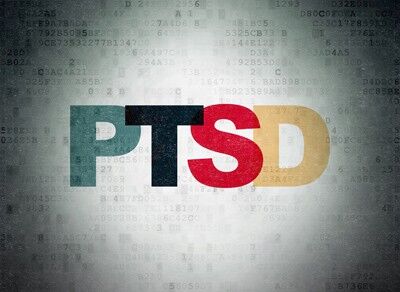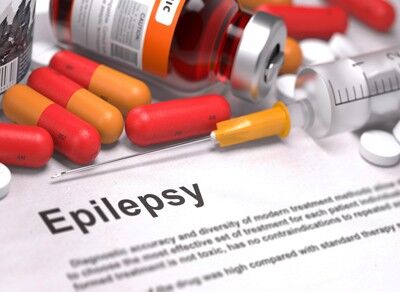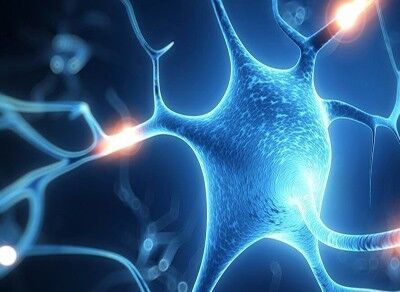Promising Results for Children with Learning Disabilities
 For a child with a learning disability, life can be a major struggle. While things might be tolerable in the safe environment of home, at school and in other social settings, a disability of this kind is typically embarrassing and in fact, many children are bullied. Unfortunately, the effects of the disability eventually become evident in more than just struggles with learning. A child can become isolated, depressed, aggressive, and develop extremely low self-esteem.
For a child with a learning disability, life can be a major struggle. While things might be tolerable in the safe environment of home, at school and in other social settings, a disability of this kind is typically embarrassing and in fact, many children are bullied. Unfortunately, the effects of the disability eventually become evident in more than just struggles with learning. A child can become isolated, depressed, aggressive, and develop extremely low self-esteem.
If a child with a learning disability is not provided with an appropriate treatment, the condition will likely worsen but in addition, stigma of being mentally impaired will carry on into adulthood where it creates an entirely new realm of problems. For example, an adult might have a difficult time securing a good job or perhaps lack the confidence needed to form a healthy intimate relationship.
Although there are a number of conventional and alternative medicine treatments used to treat children with learning disabilities, the problem is that most take an extremely long time to produce any results and even then, results are often short-lived. Even if a child reaches the point of getting off medication, there is always risk of continued or returning impairment.
Because there are so many children who have a learning disability, medical doctors, mental health professionals, scientists, researchers, and even educators have dedicated a tremendous amount of time and money toward finding viable solutions. For years, the focus has been on finding a treatment that yields early but also long-term results and through a lot of trial and error, a discovery was made that neurofeedback training offers both benefits.
What is Neurofeedback Training?
In the simplest term, neurofeedback training is a form of biofeedback whereby patterns or activities within the brain can be captured, studied, and then used to retrain the brain. As part of this alternative treatment, it is possible for a very precise area of the brain to be studied using what is known as “brain mapping”. As patterns are printed out or displayed on a computer monitor, a highly trained professional has the ability to decipher the information, which is then used to identify a specific inefficiency or malfunction.
With the information gathered, symptoms are reviewed and an exact diagnosis of the disability determined. Now, what makes neurofeedback training so unique to other treatments for learning disabilities is that the brain is taught to function normally. As a child goes through multiple training sessions, the brain begins to recognize needed change. As retraining continues, normal function becomes standard, replacing the earlier deficiency.
Amazing Result Potential
 For many children, the results of neurofeedback training specific to a learning disability are remarkable. Not only do these children have the ability to learn as other children do but self-confidence begins to build, goals are established and met, children are once again motivated, and life in general improves. Keep in mind that based on the type of learning disability, as well as the level of intensity, neurofeedback training might be used as the sole method of treatment or combined with some type of conventional treatment.
For many children, the results of neurofeedback training specific to a learning disability are remarkable. Not only do these children have the ability to learn as other children do but self-confidence begins to build, goals are established and met, children are once again motivated, and life in general improves. Keep in mind that based on the type of learning disability, as well as the level of intensity, neurofeedback training might be used as the sole method of treatment or combined with some type of conventional treatment.
However, even when used in conjunction with conventional or even other alternative treatments, it is still considered highly valuable because it gives children with learning disabilities a second chance at life. Now, further studies and clinical trials continue as experts want to gain as much information possible regarding the connection of neurofeedback training and learning disability improvement but of the many children around the world who have been treated, it is clear that this form of biofeedback works.
Another benefit of neurofeedback training is that it provides many children the chance to stop taking medication, which eliminates unpleasant side effects but also potential health-related risks. Unfortunately, many of the drugs used to treat children with learning disabilities cause extreme fatigue and make it difficult to concentrate. By eliminating medication through neurofeedback training, not only do children overcome the challenges of learning disabilities but also feel physically and mentally healthier.

